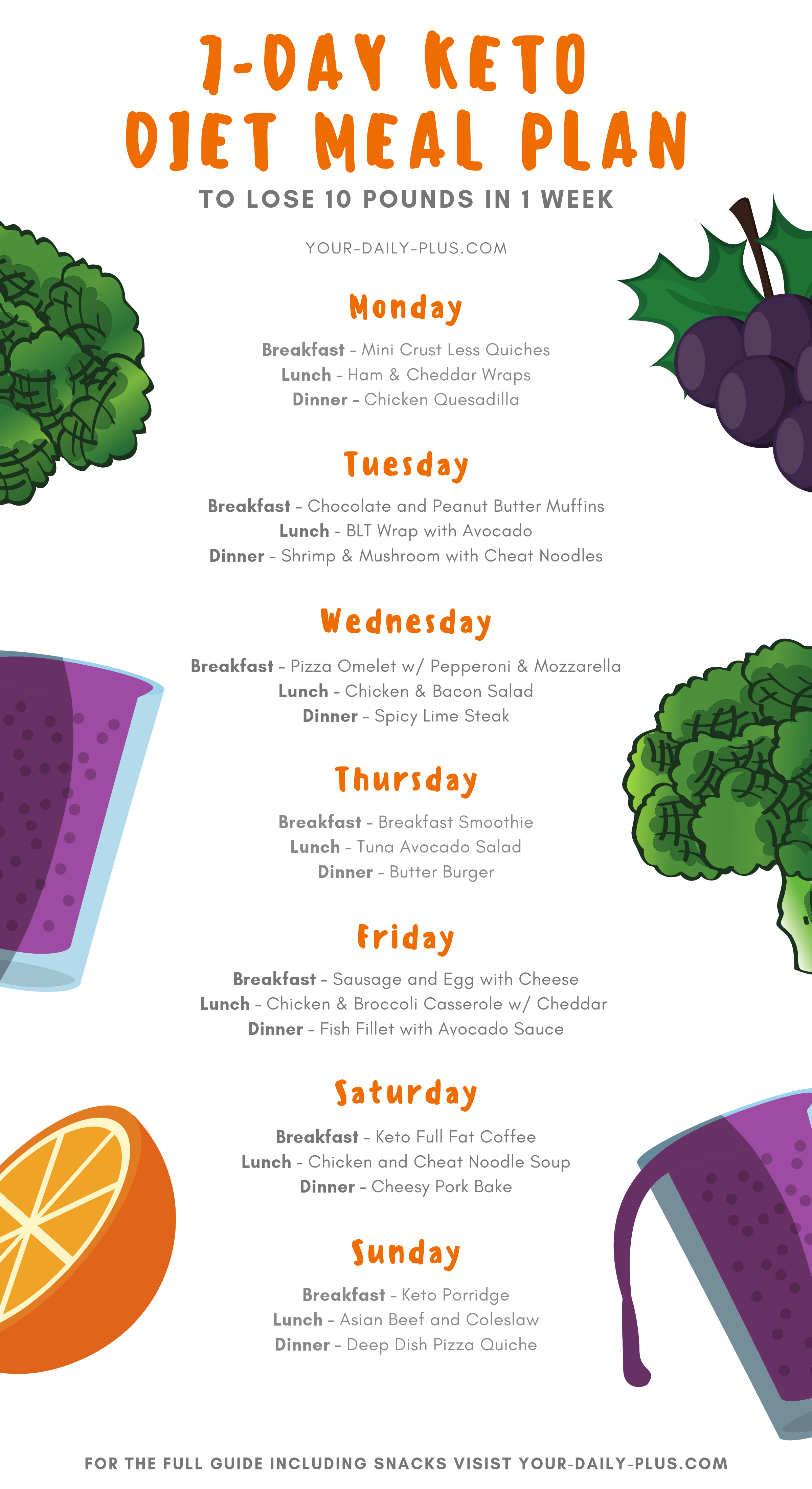In today's rapid world, it is common to get swept up in the popular diet fads, all that promise rapid results and a change in no time. On the other hand, numerous of these fashionable diets lack the enduring foundation necessary for long-term change. Instead of jumping from one diet plan to another, it's essential to understand the various types of diets available and how they may fit into your way of life. dig this will assist you explore the landscape of widely accepted diet options and figure out which approach aligns best with your goals and principles.
From the Mediterranean diet, praised by health professionals for its heart benefits, to the ever popular plant-focused and vegan diets, understanding the benefits and cons of all dietary approach will empower you to make knowledgeable choices. If you are looking to shed pounds, build muscle, or just improve your overall well-being, there is a diet that can accommodate your needs. Additionally, we will examine sustainable options that not only benefit your health but also contribute favorably to the planet. Come with us as we dive into the realm of diets, helping you ditch the fad and embrace a sensible path towards health and well-being.
Famous Eating Types Summary
In today's health-conscious world, countless diets have emerged, each promising unique benefits and outcomes. From the Ketogenic diet and the Paleolithic diet to the Mediterranean dietary pattern, these choices often catch interest for their various claims regarding weight loss, health improvements, and lifestyle enhancements. Grasping the fundamental ideas of each eating plan can help you decide which matches best with your goals and principles.
The Keto diet focuses on elevated fat and low carbohydrate consumption, encouraging fat-burning for weight loss. Conversely, the Paleolithic diet encourages a return to whole foods akin to those eaten by our ancestors, emphasizing lean meats, fruits, and vegetables while removing processed foods. The Mediterranean diet, renowned for its cardiovascular benefits, emphasizes olive oil, whole grains, fish, and fresh produce, making it as a cornerstone among health professionals.
In besides popular diets for weight loss, there are lifestyle-oriented diets such as vegetarianism, the vegan diet, and the flexitarian approach, which balances plant-based eating with occasional meat intake. These diets often reflect ethical values regarding animal welfare and environmental sustainability, appealing to those seeking to contribute positively to the planet while still enjoying varied food choices.
Diet Benefits and Drawbacks
When considering various diet plans, one must to weigh the pros and cons. Widespread diets like the Keto or Paleo method may aid in fast slimming while supporting better dietary options. These diets generally cut out processed foods, fostering the consumption of whole, nutrient-dense foods. Additionally, several of these approaches provide detailed instructions which can help individuals stay focused and responsible in their dietary choices.
Nonetheless, numerous popular diets bring potential dangers. Rigid diets can lead to nutritional deficiencies or nutritional imbalances if not thought out. For example's sake, though Keto may be effective for some, its elevated fat intake can be difficult for those with particular medical concerns. Furthermore, diets like Whole30 may result in short-term success, but individuals might struggle with sustaining it over time due to their limitations, leading to a rollercoaster effect of dieting.
Long-lasting dietary approaches, such as the Mediterranean or plant-focused diets, support long-term health benefits without the rigid confines of fad diets. These diets emphasize balanced eating, integrating a variety of food groups while encouraging mindful consumption. While transitioning to a more sustainable diet may need modifications and knowledge of nutritional choices, the overall emphasis on health and environmental impact makes it a preferred strategy for lasting health improvements.

Sustainable and Lifestyle-Friendly Eating Habits
Eco-conscious diets concentrate on not only personal health but also the health of the planet. They highlight complete, minimally refined foods, favoring plant-based options over animal products. The Mediterranean diet, often praised by healthcare professionals, exemplifies this approach by encouraging fruits, vegetables, whole grains, and healthy fats while reducing red meat and processed sugars. Many select this diet not only for its health benefits but also for its ecological impact, making it a favorite among those seeking long-term solutions.
The adaptability of the flexitarian diet allows individuals to enjoy the benefits of vegetarianism without completely eliminating meat. This diet supports a predominantly plant-based lifestyle while permitting occasional meat consumption, making it easier for many to embrace. It supports sustainable eating by reducing the overall demand for animal products and encourages diverse food choices, which can lead to more balanced nutrition. This flexibility makes it an appealing option for those who want to focus on health without strict dietary restrictions.
Selecting a sustainable diet means reflecting on how it fits into your lifestyle and values. Whether exploring raw foods, macrobiotic eating plans, or anti-inflammatory diets, the essential factor is to discover an approach that resonates personally. By matching dietary choices with personal health goals and ethical considerations, you can cultivate a lasting dedication to a more nutritious lifestyle while supporting both yourself and the environment.
